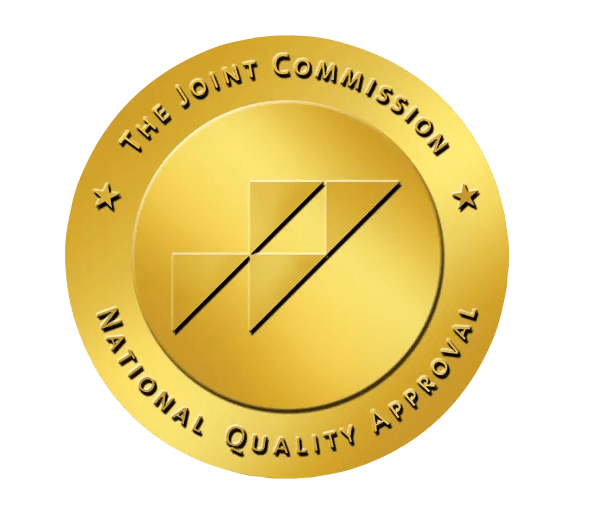Enabling an Addict? Here's How to Know For Sure
Am I Enabling an Addict?
When a loved one has a substance use disorder, it is natural for friends and family members to want to fix the problem. While you may have the best intentions at heart, it is possible to not know the difference between helping and enabling and may end up contributing to the addiction. Enabling comes in many different forms. By recognizing and ceasing these behaviors, you can focus on getting your loved one proper treatment.
What are Enabling Behaviors?
Enabling happens when friends and family members of a substance user support the addiction. Whether it’s through their thoughts or behaviors, the enablers are preventing the addicts from facing the consequences of their substance abuse. Here are a few enabling behaviors to look for:
Denying Your Loved One Has an Addiction Problem
Denial is one of the most common behaviors friends and families adopt when they learn that their loved one is struggling with substance abuse. They refuse to accept the reality of the situation and convince themselves that treatment isn’t necessary. They believe the addict knows how to control their drug or alcohol use.
Justifying the Addiction
Justification and denial go hand in hand with each other. Friends and families don’t believe there is a problem and make up reasons to justify the addiction. They might say that it’s okay for a loved one to use drugs or alcohol to deal with a bad day at work. They might also say that this is only temporary, and it will stop after a lifestyle change – like moving out, graduating college, and so on.
Allowing Substance Use
Friends and family members think they can control the situation if they allow their loved one to use alcohol or drugs at home. They may even engage in consumption to try to manage their loved one’s intake level. They believe that doing this will keep their loved one from going to more dangerous locations.
Suppressing Your Feelings on the Addiction
Not expressing their concerns about addiction to a loved one gives them a reason to keep using. In certain cases, substance users will dismiss their families’ fears by claiming they won’t consume drugs or alcohol. When an addict dismisses these fears and concerns, it often encourages family members to hold in their feelings.
Avoiding the Substance Use Problem
Family members may want to “keep the peace” at home. They are unwilling to confront the substance user because they don’t want to fight. The family members believe ignoring the problem keeps the family appearance normal.
Protecting the Family’s Image
Avoiding the problem and protecting the family image goes hand in hand and can be a big problem. Family members may feel ashamed to admit their loved one is a substance user. They attempt to portray a positive image to friends, co-workers and other people.
Minimizing the Situation
Friends and family members may try to convince themselves that the situation could be worse. They could treat the addiction as a phase and believe that it will improve on its own, rather than seeking treatment.
Placing Blame on the Addict
Blaming or punishing people for their substance use pushes them away. It alienates them from their family and could result in destructive behavior.
Taking on Their Responsibilities
Taking over regular tasks and responsibilities of a substance user enables them to fully indulge in their addiction. Family members may believe that taking over their responsibilities and providing money keeps the addict’s life from falling apart, but it does not help.
Trying to Control Your Loved One
Attempting to control a substance user may just worsen their addiction. Constantly treating a loved one as an inferior or giving them numerous restrictions only drives them further away from their family members and closer to their substance-using peers.












